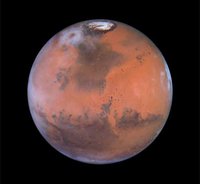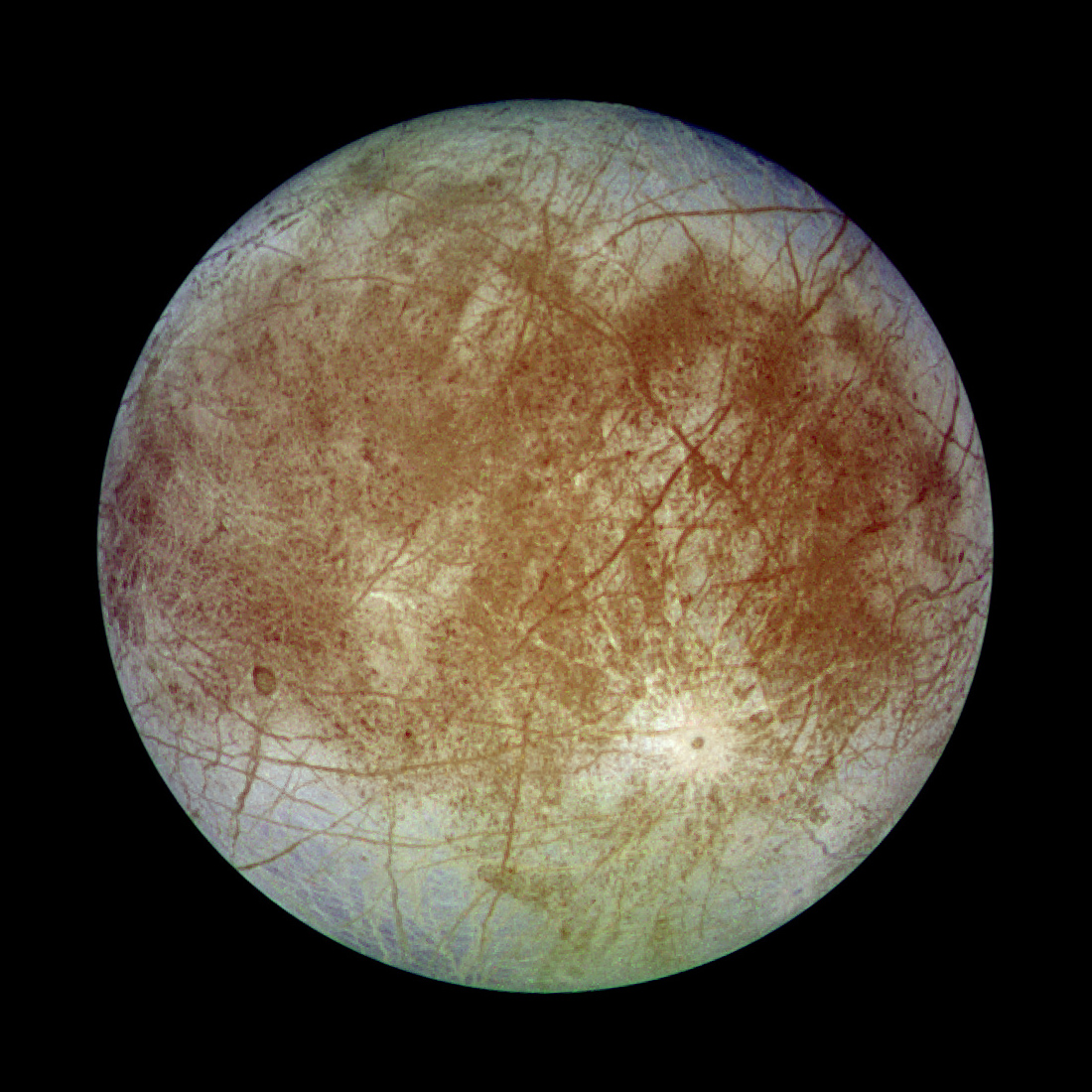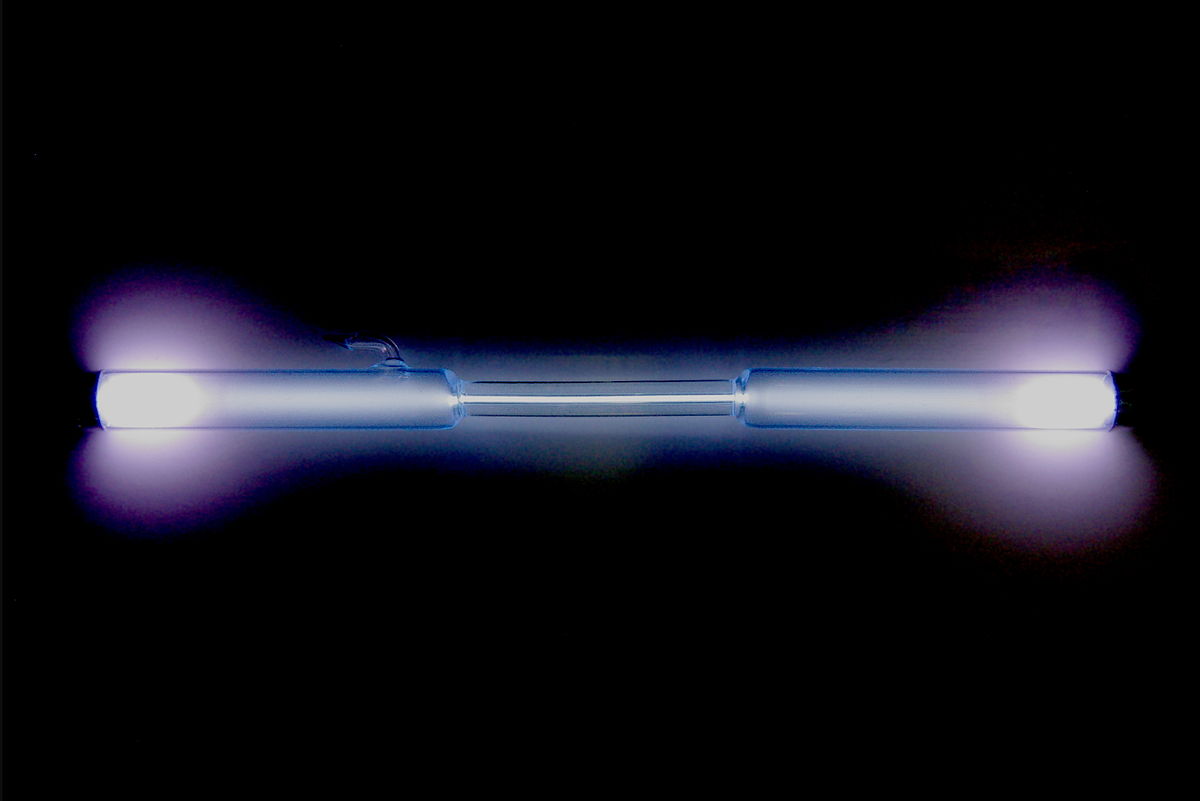
Evidence indicates that Mars was warmer and wetter in the past. In order for water to have been stable, the atmosphere must have been thicker than current conditions. I will discuss possible loss mechanisms in the Martian history, paying particular attention to the mechanisms by which the atmosphere may have been lost to space. I will present results from numerical simulations that show how the loss of the ionosphere to space due to interactions with the solar wind is modulated by both the orientation of Mars’ anomalous magnetic field and the solar wind conditions themselves. Studying how the ionospheric loss rate is modulated by solar storms increases the confidence in predictions of past loss rates, as past nominal solar wind conditions are analogous to current day storm conditions.
 Getting Under Europa’s Skin
Getting Under Europa’s Skin Tracing Formation and Evolution of Outer Solar System Bodies Through Stable Isotopes and Noble Gas Abundances
Tracing Formation and Evolution of Outer Solar System Bodies Through Stable Isotopes and Noble Gas Abundances Photosynthesis, a Planetary Revolution
Photosynthesis, a Planetary Revolution Xenon: King of the Gases
Xenon: King of the Gases